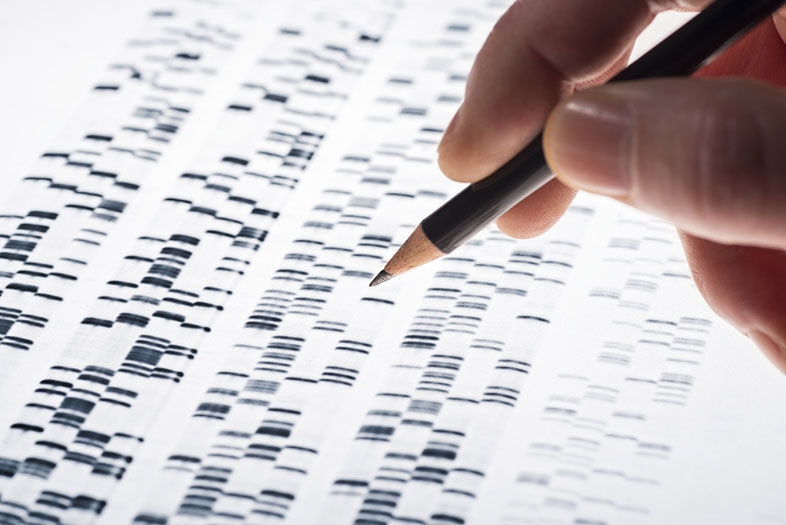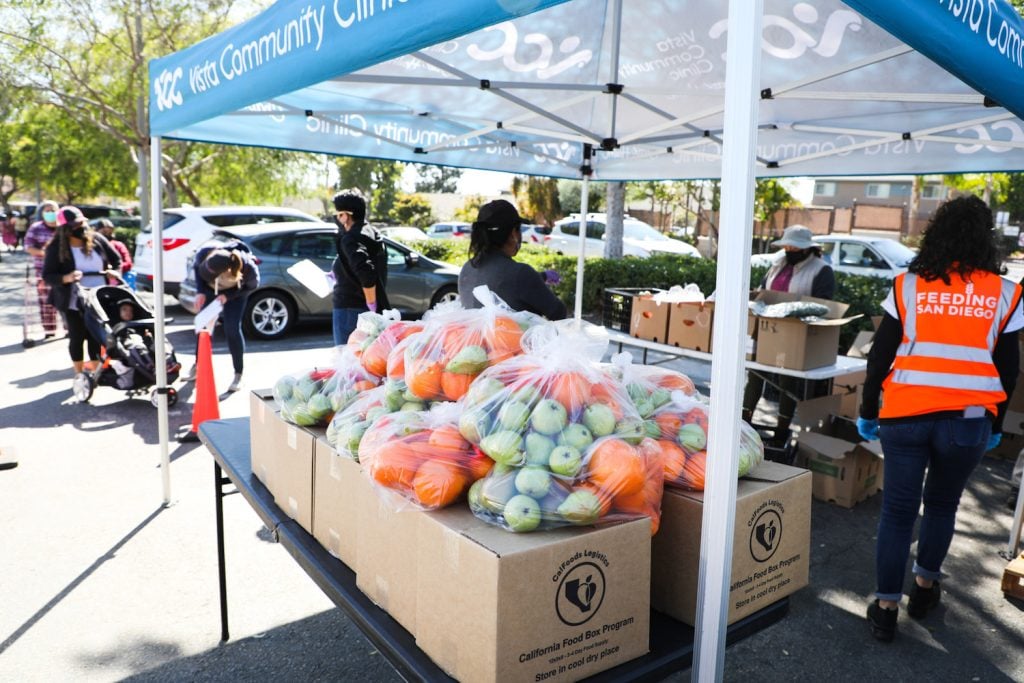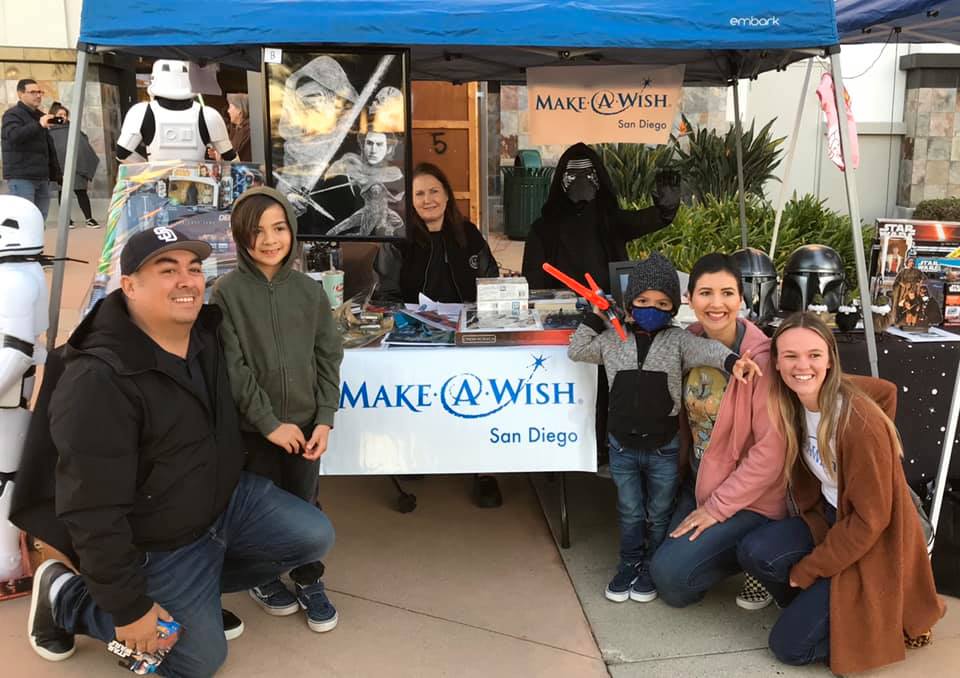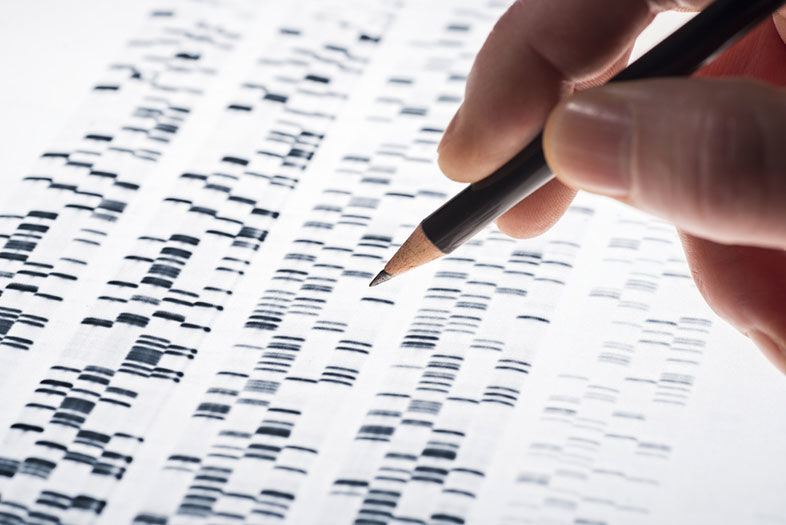The practice of sequencing DNA is inefficient at times, and doesn’t always work the way we want. That’s not such a big deal in a research lab—if an experiment goes awry, it can usually be redone. Patient care is a different matter. When a child is waiting for a diagnosis in the neonatal or pediatric intensive care unit (NICU/PICU), there’s not a lot of time for do-overs.
To work in the clinic, genomic sequencing must be incredibly fast and superaccurate. Genomes are big and complicated, so it’s a two-part equation: first the actual sequencing, and then figuring out what all that genomic data means.
But we’re making progress. Last year, Stephen Kingsmore, president and CEO of the Rady Children’s Institute for Genomic Medicine, along with researchers from Children’s Mercy Hospital in Kansas City, Illumina, and Edico Genome, published a groundbreaking paper on their successful effort to decode and interpret infant genomes in 26 hours—a feat that earned Kingsmore and the co-researchers a Guinness World Record.
One Giant Leap
The 26-hour sequencing paper was a breakthrough, but it only covered a handful of patients. To make a real impact in the clinic, sequencing needs to be industrial and routine, more like getting a cholesterol check. Kingsmore’s team opened the Rady Children’s Institute for Genomic Medicine to do just that. The idea is to scale up their capability for fast, accurate genomic sequencing for sick kids in the NICU and PICU.
“There’s no disease for which getting a genetic diagnosis won’t help manage the patient better,” Kingsmore notes. The institute was built to deliver the 26-hour genome and is equipped with three brand-new Illumina sequencers. They’re also working with Illumina to make a few after-market refinements, supercharging the sequencers even further. The other key piece is Dragen, a processor from San Diego–based Edico Genome that’s designed to quickly and accurately crunch genomic data.
It can take years before families get an answer. Our goal is to get them an answer at their first clinic visit.
The institute has already sequenced several children and their parents, and may have made its first diagnosis (results were pending validation at press time). This ability to quickly diagnose sick kids could have a huge impact, particularly for children with rare genetic disorders.
“The problem for families with these rare diseases is that it can take years before they get an answer,” Kingsmore explains. “Our goal is to get them an answer at their first clinic visit.”
At present, Kingsmore believes the institute can sequence 800 genomes a year. That would be a huge achievement, but it’s still not enough in his eyes.
“Rady Children’s Hospital has half a million patient visits each year,” Kingsmore says. “When you consider the incidence of genetic disease, we probably need to do 8,000 genomes a year to meet the needs of San Diego County.”

Innovative Sciene: Next-Gen Genomics














